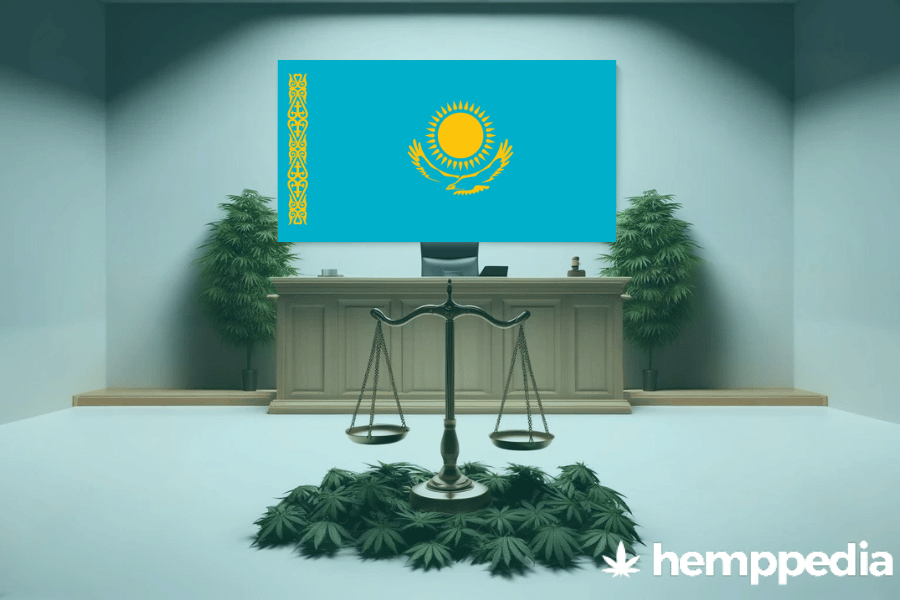TL;DR
Understanding the legal status of CBD, a non-psychoactive compound derived from cannabis, in Kazakhstan can be quite complex. As of now, CBD is not technically legal in this Central Asian country. The laws surrounding possession, use, cultivation, and sales are restrictive with severe penalties for non-compliance.
| Aspect | Legal Status |
|---|---|
| Possession | Illegal |
| Usage | Illegal |
| Cultivation | Illegal |
| Sale | Illegal |
CBD, or cannabidiol, is derived from cannabis but unlike its counterpart THC, it does not have psychotropic effects. While this distinction has led to its wider acceptance globally, the legal status in Kazakhstan remains unchanged. This scenario reflects the global trend towards recognizing and regulating CBD, despite its restrictive legal status in several regions.
Overview of CBD Legislation
Key Terms
- CBD: Cannabidiol, a compound found in cannabis.
- Hemp: A type of cannabis with 0.3% or less THC content.
- Marijuana: A type of cannabis with more than 0.3% THC.
- Full-spectrum: CBD products containing other cannabinoids, terpenes, and natural substances found in the cannabis plant.
- Isolate: Pure CBD products with no other compounds.
Legal Landscape
Globally, the legal landscape varies widely – from full legalization in some countries to complete bans in others. Despite the broader trend towards decriminalization and regulation, Kazakhstan remains firm in its stance against all forms of cannabis, including CBD.
Legal Status
In Kazakhstan, CBD products are classified as drugs and their use, possession, cultivation, and sales are prohibited.
Regulatory Bodies
The Ministry of Health and Social Development of the Republic of Kazakhstan regulates any drug-related substances and activities.
Conditions and Restrictions
There are no stipulations regarding THC content, product types, or labelling as CBD is broadly illegal.
Historical Context
The legislation surrounding cannabis and CBD has hardly changed in Kazakhstan in years. Any attempts to introduce hemp farming for industrial uses have faced significant legal and social obstacles.
Possession, Use, Cultivation, and Sales
Use, possession, cultivation, or sale of CBD in any form can lead to criminal charges, regardless of the THC content or the purpose.
Enforcement and Penalties
Penalties for non-compliance vary from hefty fines to lengthy imprisonment terms. The sale of cannabis products, including CBD, can lead to a prison term of up to 12 years.
Comparative Analysis
Compared to countries such as Canada, the US, and several European nations where CBD is either fully legalized or regulated, Kazakhstan’s stance is quite restrictive.
Conclusion
While the global trend towards CBD regulation is unmistakable, the legal framework in Kazakhstan remains unchanged. The outlook seems bleak for any immediate change in these laws, adding to the complexity of navigating CBD usage in Kazakhstan.





